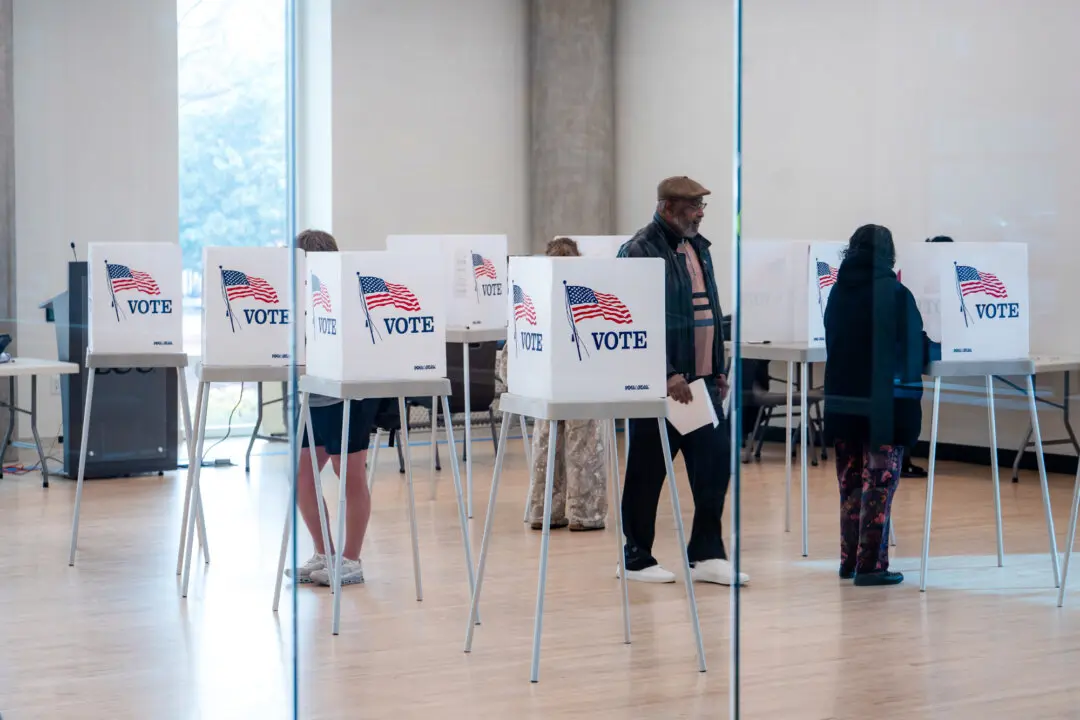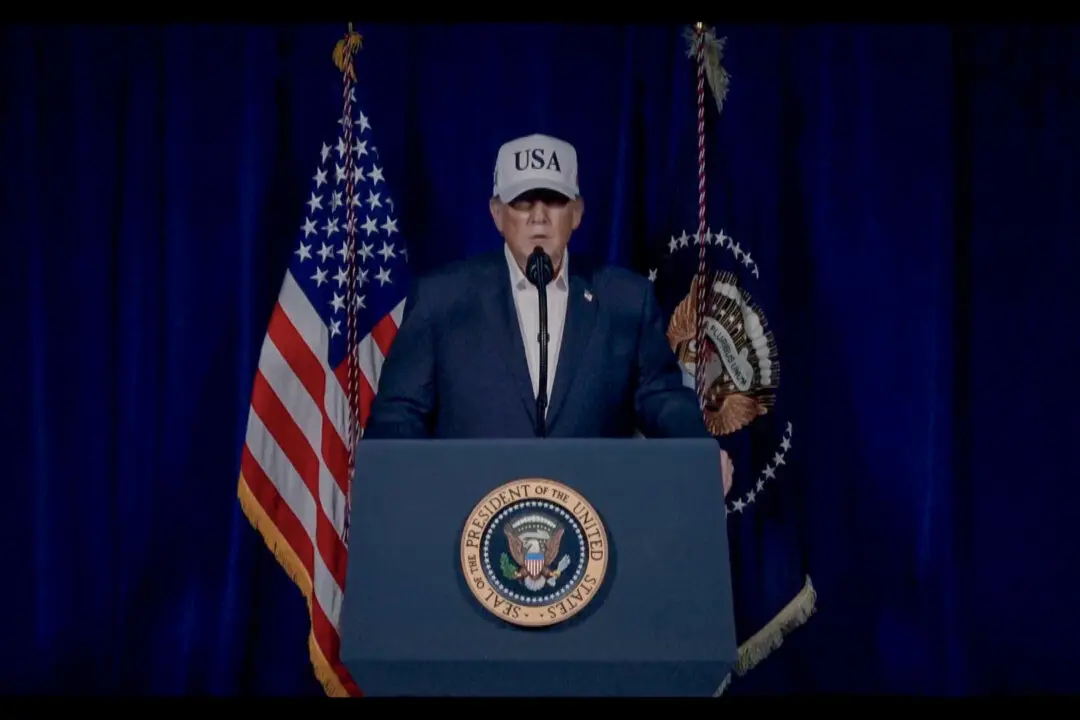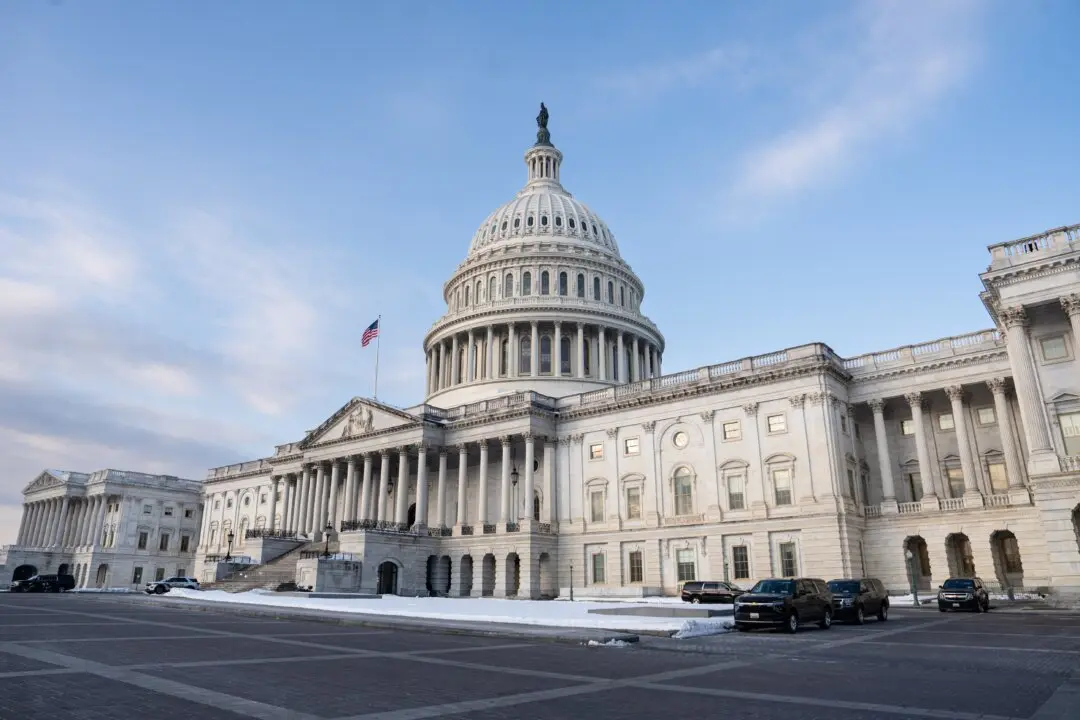President Joe Biden admitted during a Friday speech in Hartford, Connecticut that a $3.5 trillion price tag on his hallmark “Build Back Better” budget reconciliation bill will be unable to pass the Senate, where moderate members of his party have put up resistance to the bill for months.
Most prominently, Sens. Joe Manchin (D-W. Va.) and Kyrsten Sinema (D-Ariz.) have been firm in their refusal to support a $3.5 trillion budget bill, viewing such a large bill as too costly.





